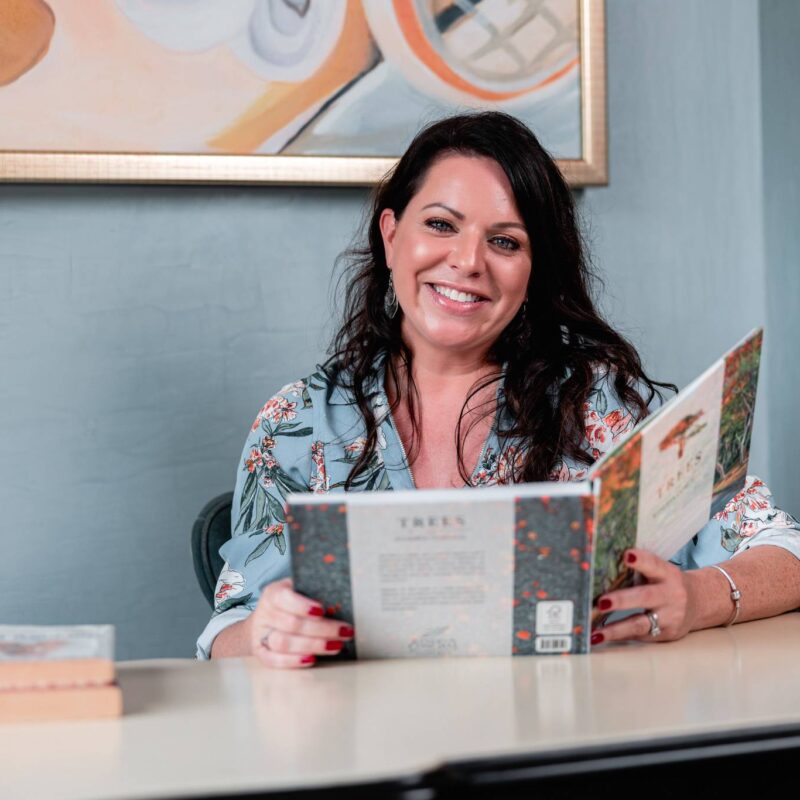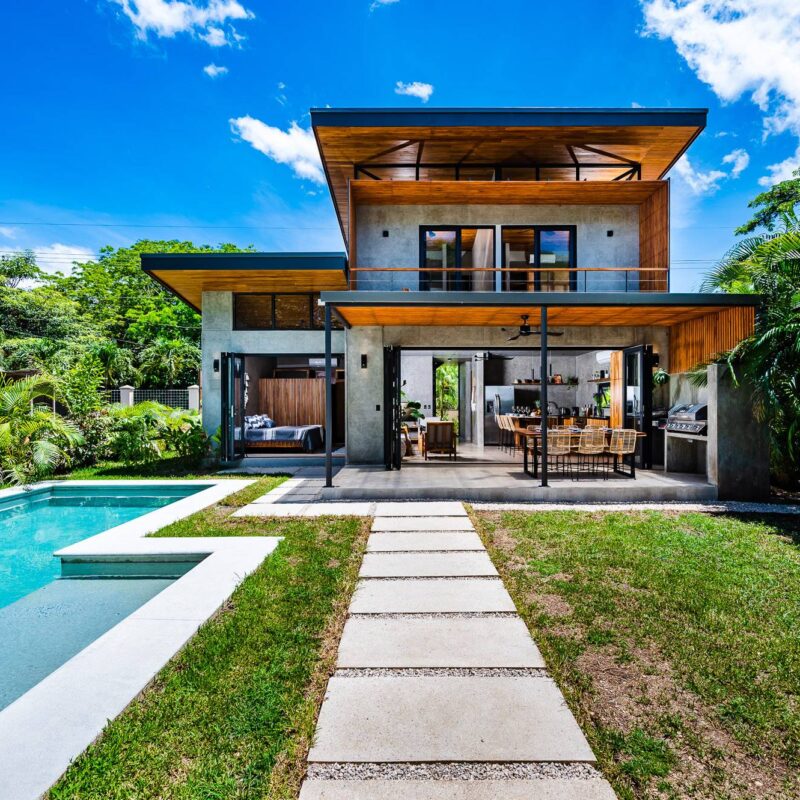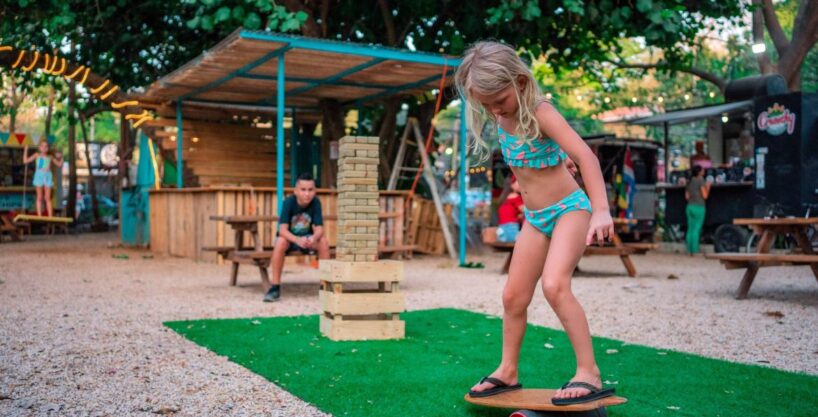Like back home, there’s no sole descriptor for schools in Costa Rica. We have a little bit of everything – public and private, Waldorf and Montessori, Costa Rican and international and IB. It’s really across the board but the bottom line is that there is a school in Costa Rica for every type of learner.
That said, schooling is a major consideration for families. Our best advice is to structure your move around your school choice: Search first for schools that meet your family’s needs, then begin to look to the surrounding towns and communities for a home that fulfills your other needs.




